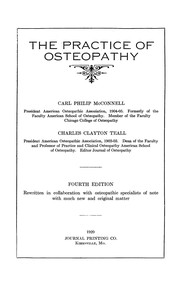Homemade Curd Vs. Store-Bought: What Is Really Better For You?
Curd has been a part of Indian food culture for generations, but does how it's made change its health benefits? Here's what the experts think.

Curd - or Dahi - is a household favourite across India. It slides effortlessly into everything from cooling raitas and indulgent shrikhand to soul-soothing kadhi. More than just food, curd is comfort, tradition and a probiotic powerhouse rolled into one. Packed with calcium, protein and good bacteria, it's great for digestion and immunity. Whether you're setting it at home or grabbing a tub from the store, curd is everywhere. But here's the big question: do homemade and store-bought cards offer the same benefits? Let's break it down.
Also Read: 8 Ways to Spruce Up Foods Using Hung Curd or Greek Yogurt

Photo Credit: iStock
Homemade Vs. Store-Bought: What's The Difference?
Nutritionist Amita Gadre explains that homemade curd stands out for its freshness and nutritional punch. It's packed with live probiotics, especially when consumed within a day or two. Plus, it's free from the preservatives and additives often found in packaged varieties. And let's be real-making it at home is wallet-friendly if you're a daily curd eater.
On the other hand, store-bought curd wins in the convenience department. Whether it's Greek yogurt, low-fat options or high-protein variants, there's something for everyone. It also delivers a consistent taste and texture every time. Perfect for those busy days when setting curd at home feels like too much effort.
Is Store-Bought Dahi A No-Go?
Not at all! If store-bought curd is your jam, go for it - but keep a few things in mind. Nutritionist Amita Gadre suggests checking the ingredients for "lactobacilli culture" and picking options with no more than five grams of added sugar. And don't forget to double-check that expiry date.

Photo Credit: iStock
Should You Skip Curd In Winter?
Winters often come with the debate: to eat or not to eat curd? Ayurvedic expert Ashutosh Gautam says curd can increase gland and mucus secretions, potentially worsening colds, coughs and respiratory issues. He advises skipping it, especially at night, during colder months.
However, consultant nutritionist Rupali Datta has a middle ground. She says it's okay to eat curd in winter as long as it's not cold. "Cold foods make your body work extra hard to warm them up, which isn't ideal in winter," she explains.
Also Read: 5 Ways To Use Curd As Part Of Your Beauty Routine
Whether it's the homemade charm or store-bought convenience, curd is here to stay. The choice? Totally yours-just keep the tips in mind!












)

























































